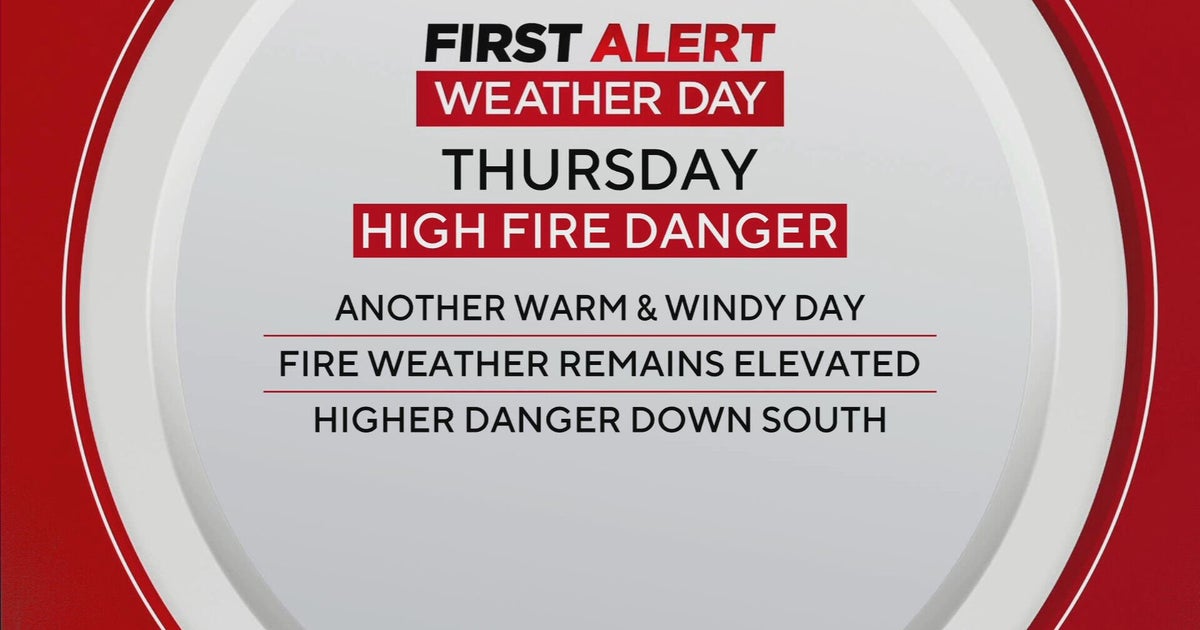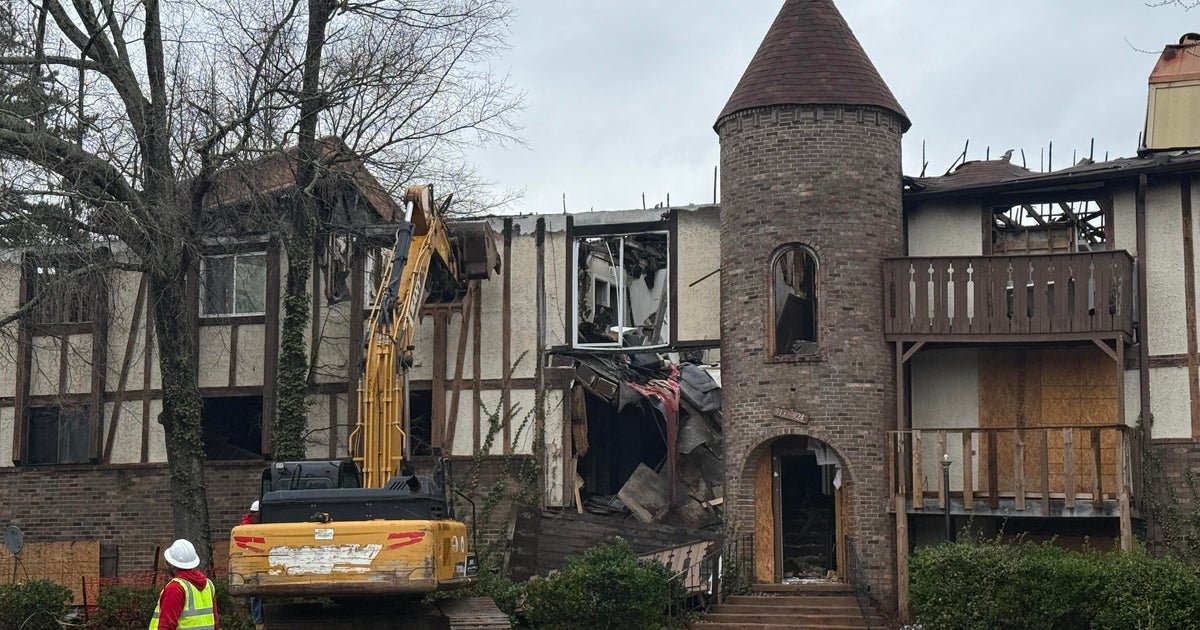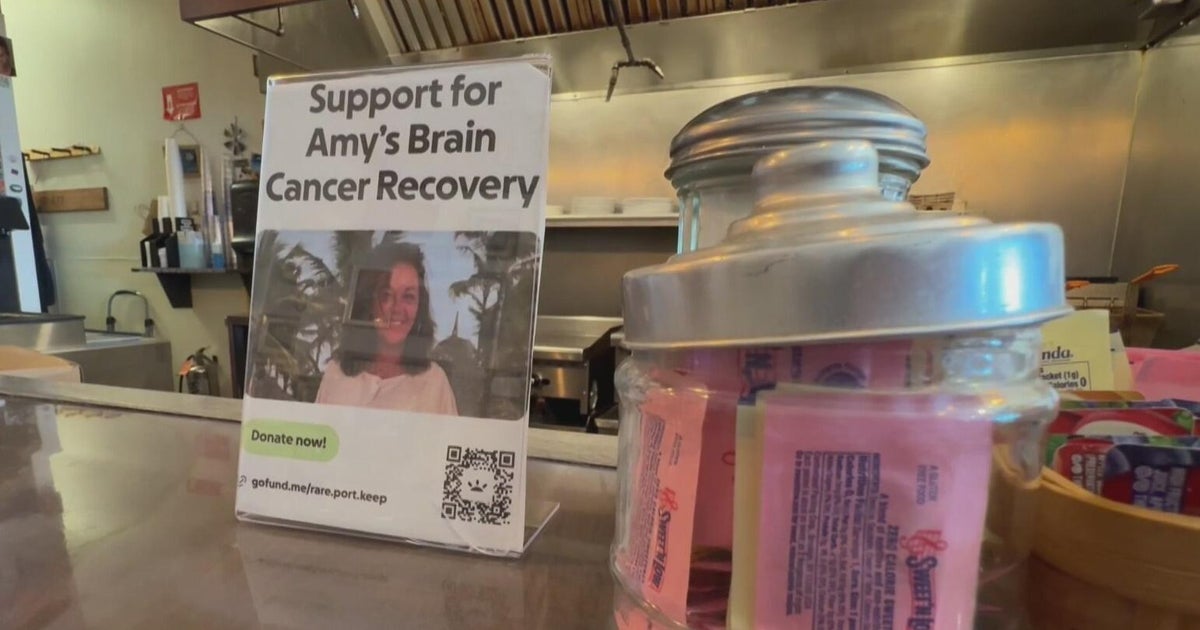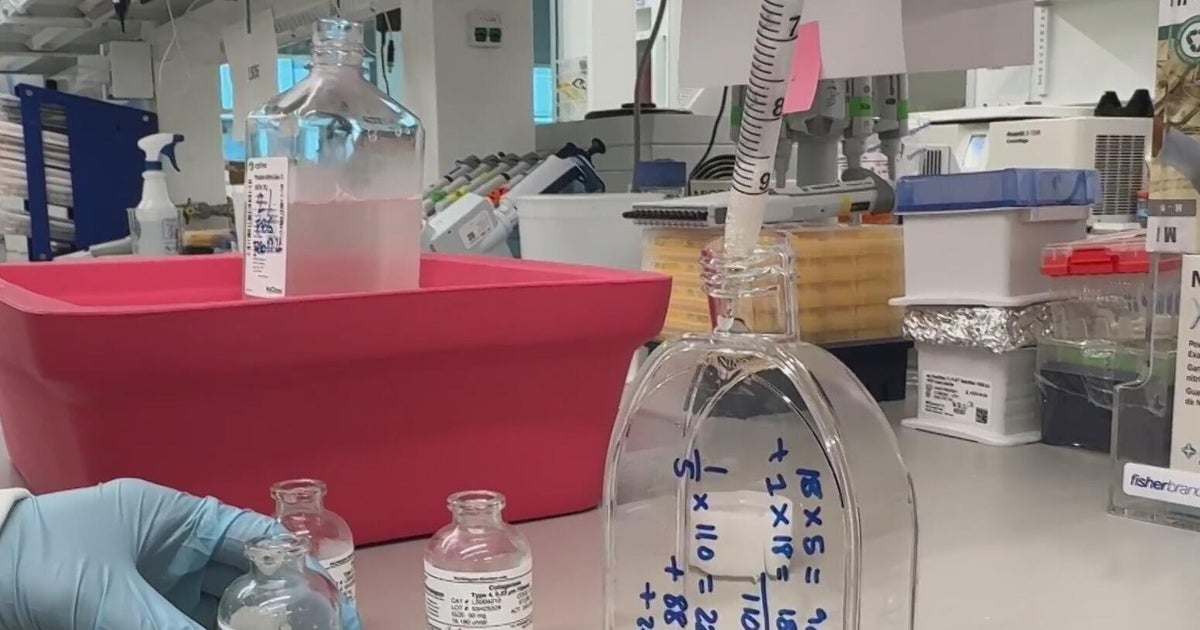How Does Colorado's Altitude Effect Your Health?
DENVER (CBS4) - "I've been here before," said the man visiting Echo Mountain with his family from Austin, Texas. "It's odd that it's happening this time versus before," he said about his mild altitude sickness. "Maybe it's because I was younger." In his case it was, "Mainly just pressure on the chest -- feel like you just can't catch your breath."
His daughter had a nasty headache the day before that had them seeking out lower altitude. They are the short-term effects of altitude that can be relieved by simply going down. At very high altitudes, well above the 10,000 feet of Echo Mountain, people's lungs or brains can fill with fluid and they can become dangerously ill. But experts still don't know why the fluid builds up in the lungs, or brain, or who is more likely to suffer from the problems and when.
At University of Colorado's Altitude Research Center, experts are working on a variety of studies about altitude and health. They know a few remarkable things already, said Dr. Benjamin Honigman, head of the Division of Emergency Medicine.
"It's curious and I like to call it a tease, until we can discover more about that," said Honigman about the longevity mystery.
A study by Harvard's Global Health Initiative shows seven out of the top ten counties in terms of longevity in the United States are in Colorado. They're all mountain counties: Clear Creek, Eagle, Gilpin, Grand, Jackson, Park and Summit Counties. The average life span is 81.3 years.
"Now one could argue that all the sick people leave, leaving all the healthy people up in the mountains," Honigman said. "But there are other places where healthy people live and yet their longevity rates aren't as high."
That's one of the things they study at the Altitude Research Center that's equipped with one of the few decompression chambers in the country. CBS4 tried it out. Dr. Andrew Subudhi ran the chamber while Alan Gionet ventured up over 14,000 feet -- the height of Colorado's highest mountains -- to 16,000, 17,000 feet and beyond to the height of Mt. McKinley at over 20,000 feet while riding an exercise bike. Subudhi had to take out the oxygen when Gionet got woozy. The oxygen level in his blood, which usually runs at about 96 or 97 percent (normal for most of us), dropped to 72 percent.
Gionet said to try looking at that readout dropping on a little machine with the alarms constantly going off and try not to panic. He said he was peddling the bike generating about 100 watts for most of the ride. Before that sounds cool, he said to keep in mind that Lance Armstrong can generate about 400 watts.
"Getting woozy was enough embarrassment, thank you," Gionet said.
Subudhi said Athletes can train best at altitudes of 7,000 to 8,500 feet. The reason may be connected to what seems to happen to the heart at altitude.
"There's some evidence that indicates that if you're living in a lower oxygen environment, such as in Colorado, that the amount of blood vessels that you form in the heart to help you account for adjust for this lower oxygen environment actually increase," Honigman said.
That may be why Colorado has lower rates of heart attack and stroke. There are also cancers that appear to be more dependent on oxygen for growth that occur less often in Colorado. Bladder, cervical, colo-rectal, kidney, uterine, stomach, liver, lung and laryngeal cancers are all found at lower rates in Colorado -- 9 to 41 percent lower, but they may not be the only cancers effected by lower oxygen.
"Well, there are some cancers where the cells themselves will grow better when there's less oxygen in their environment," Honigman said. "So, for example, prostate cancer or breast cancer will grow faster."
So will thyroid cancer. There's also a much higher rate of melanoma. Higher altitude means less atmosphere and stronger rays from the sun.
There's a lot still to study. If experts can figure out what triggers some to get sick at altitude, think of the implications for tourist spending by people who lay low while feeling ill.
If experts can crack the longevity mystery, consider what that may mean. Then there's figuring out whether our environment may hold some of cancer's keys. Are we better off? Maybe, but altitude is not a cure-all.
"You know I don't think there is a fountain of youth," Subudhi said.







